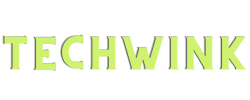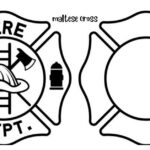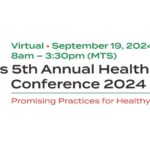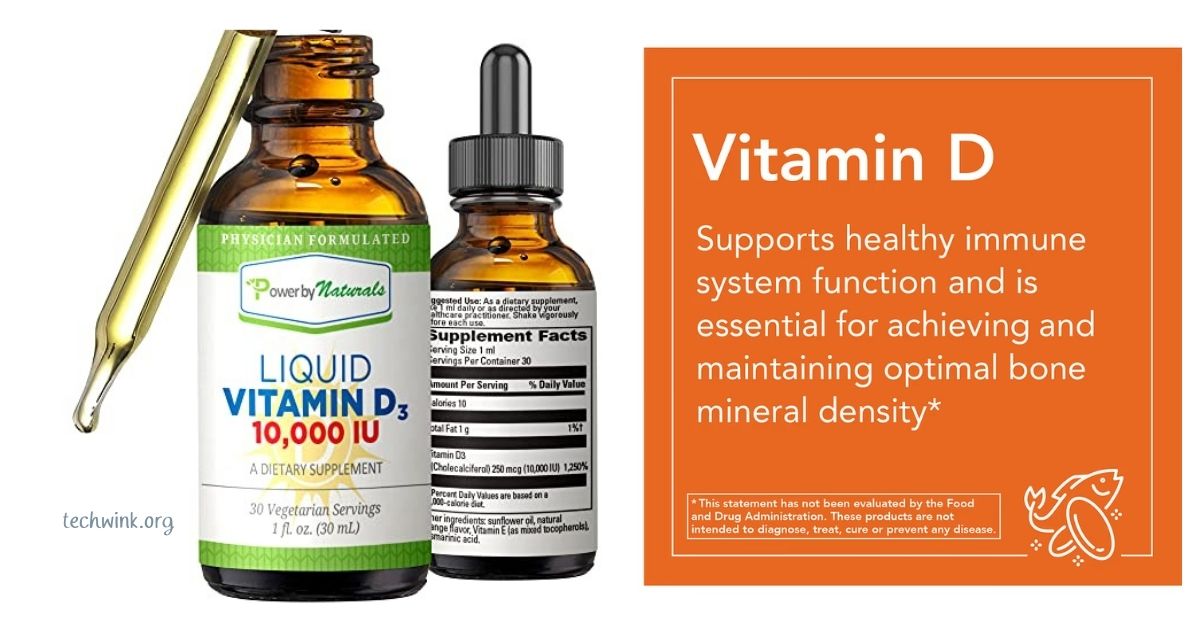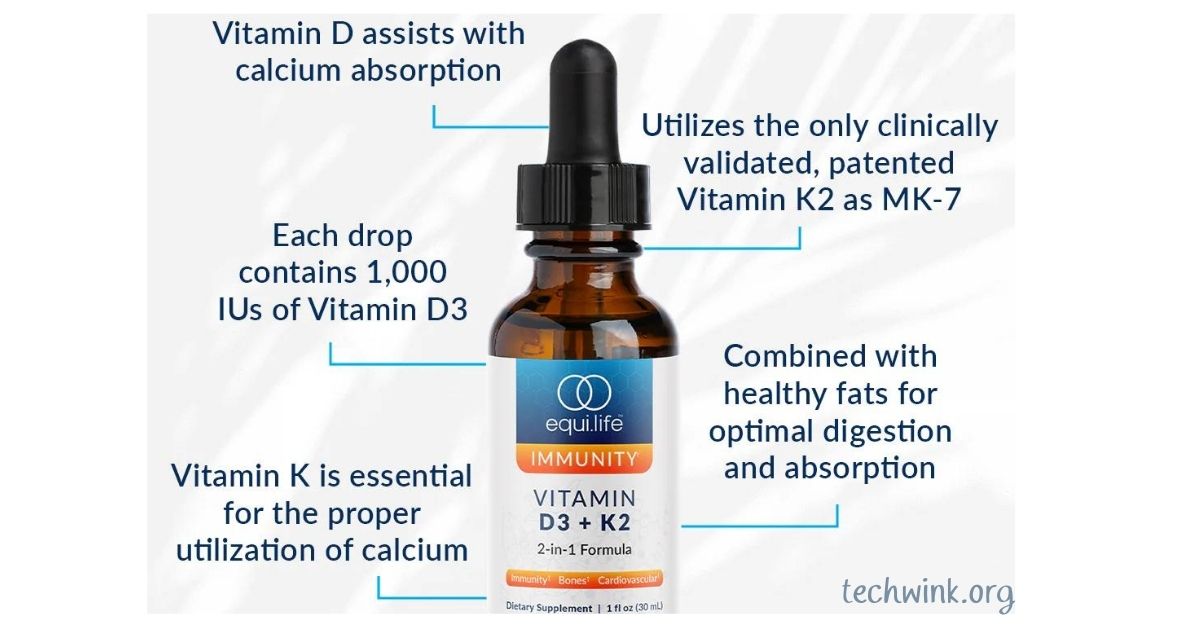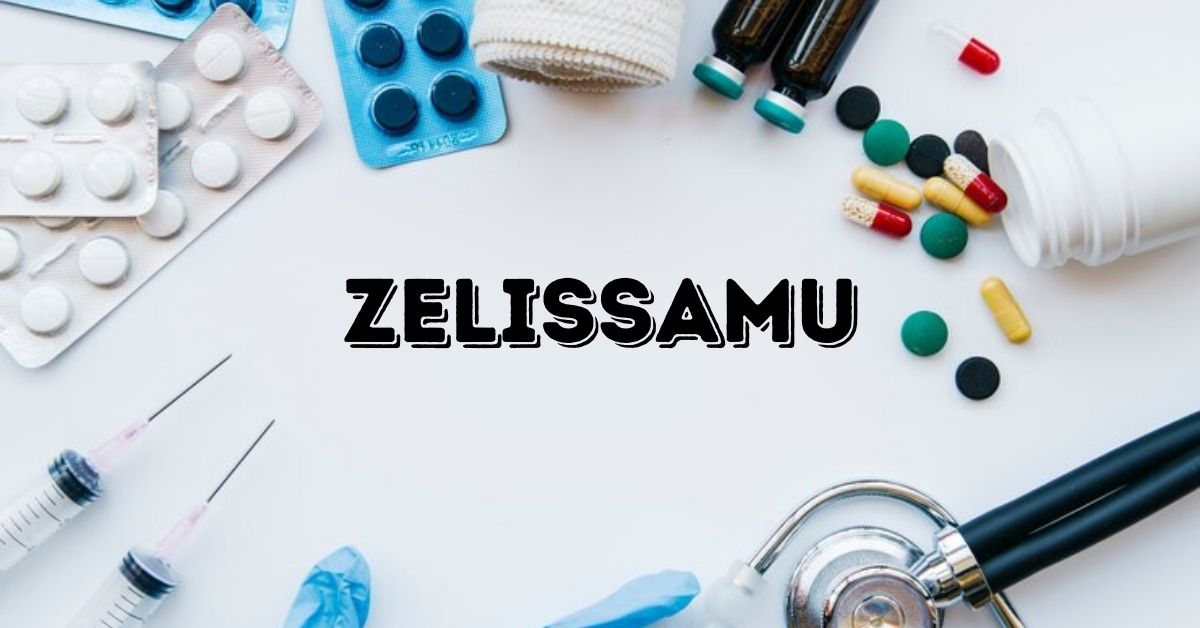The Arizona Health Literacy Coalition (AHLC) is an essential community-driven initiative aimed at improving health literacy across Arizona. As healthcare systems become increasingly complex, the need for a coalition like AHLC is more critical than ever. This initiative works to ensure that residents can access, understand, and use health information to make better decisions for themselves and their families. By focusing on reducing disparities in health literacy, AHLC empowers communities to enhance their overall well-being.
The Importance of Health Literacy
Health literacy is the ability to comprehend, evaluate, and apply healthcare information to make informed decisions. It influences a person’s ability to understand prescriptions, manage chronic conditions, and even seek timely medical advice. For many in Arizona, language barriers, cultural differences, and limited education can lead to a lack of health literacy. The Arizona Health Literacy Coalition seeks to bridge this gap, empowering people with the knowledge they need to make informed health decisions.
Challenges in Health Literacy Across Arizona
Arizona is a diverse state with a wide range of ethnicities, languages, and cultural backgrounds. This diversity brings specific challenges in terms of delivering accessible health information to all. Rural areas, in particular, struggle with limited access to healthcare facilities, which compounds the problem. Additionally, non-English speakers, older adults, and those with limited education face significant challenges in understanding medical information, leading to potential health risks.
How AHLC Addresses Health Disparities
The Arizona Health Literacy Coalition directly addresses these disparities by providing tailored resources that cater to different linguistic and cultural needs. The coalition collaborates with local health organizations, clinics, and government agencies to ensure that health information is presented in a way that is understandable to everyone, regardless of their background. This includes translation services, culturally relevant educational materials, and training for healthcare professionals on how to communicate effectively with diverse populations.
Key Initiatives by the Arizona Health Literacy Coalition
The coalition has launched several key initiatives aimed at improving health literacy throughout Arizona. These initiatives include workshops, community outreach programs, and partnerships with local health providers to ensure that information reaches the most vulnerable populations. One such initiative is the creation of easy-to-understand healthcare guides that explain complex medical procedures and conditions in plain language.
Health Literacy Workshops for the Community
One of the core efforts of AHLC is offering health literacy workshops to the public. These workshops are designed to educate individuals on how to navigate healthcare systems, read prescription labels, and understand medical forms. The goal is to equip people with the skills they need to manage their own healthcare, ask the right questions during medical appointments, and advocate for themselves effectively.
Collaborating with Healthcare Providers
In addition to educating the public, AHLC works closely with healthcare providers to ensure that medical professionals are equipped to communicate effectively with patients from various backgrounds. This collaboration includes training healthcare workers on how to explain medical jargon in simpler terms and understanding the cultural nuances that may affect a patient’s comprehension.
Building Partnerships with Local Organizations
The success of the Arizona Health Literacy Coalition depends largely on its partnerships with local organizations. AHLC collaborates with schools, libraries, non-profits, and community health centers to spread health literacy education. These partnerships enable the coalition to reach a broader audience, including children, senior citizens, and marginalized communities, ensuring that health information is accessible to all.
Tailored Resources for Non-English Speakers
Arizona has a significant population of non-English speakers, especially in Hispanic and Native American communities. To ensure that everyone has access to the healthcare they need, AHLC offers resources in multiple languages. These resources include translated medical forms, bilingual educational workshops, and interpreters who can assist patients in navigating the healthcare system. This approach ensures that non-English speakers can make informed decisions about their health.
Focusing on Rural Healthcare Challenges
Rural areas of Arizona often face unique healthcare challenges, including limited access to hospitals, doctors, and healthcare education. AHLC targets these regions with mobile health units, telemedicine programs, and on-the-ground community health workers who provide educational resources to remote areas. By doing so, they help to ensure that individuals in rural communities are not left behind in healthcare access and education.
Improving Digital Health Literacy
As healthcare moves increasingly online, digital health literacy is becoming just as important as traditional health literacy. The Arizona Health Literacy Coalition is at the forefront of this shift, providing training on how to use digital health platforms, access electronic medical records, and navigate telehealth services. This ensures that individuals are equipped to manage their health digitally, especially in a post-pandemic world where virtual healthcare is more prevalent.
The Role of Schools in Promoting Health Literacy
Schools play a pivotal role in promoting health literacy among young people. AHLC works closely with Arizona schools to integrate health literacy education into the curriculum. By teaching students how to manage their health early on, AHLC is setting up future generations to make more informed health decisions throughout their lives.
Cultural Sensitivity in Healthcare Communication
Cultural sensitivity is critical when it comes to effective healthcare communication. AHLC trains healthcare providers to recognize and respect cultural differences . This includes recognizing cultural taboos, understanding different health beliefs, and being mindful of communication styles that may differ across cultures.
How to Get Involved with the Arizona Health Literacy Coalition
The Arizona Health Literacy Coalition encourages the community to get involved in their mission. Whether through volunteering, attending workshops, or spreading awareness, there are many ways to contribute to the cause. Individuals can also donate to support the coalition’s initiatives. By ensuring that they continue to provide critical health literacy resources to Arizona residents.
Conclusion
The Arizona Health Literacy Coalition is making strides in ensuring that every individual, regardless of background, has access to clear, comprehensible health information. By addressing the diverse needs of Arizona’s population and providing targeted resources, AHLC is empowering communities to take control of their health. Through education, collaboration, and cultural sensitivity, the coalition is fostering a healthier Arizona.
FAQs
What is the Arizona Health Literacy Coalition?
The Arizona Health Literacy Coalition focuses on improving health literacy throughout Arizona by providing resources.
Why is health literacy important?
Health literacy is crucial because it affects individuals’ ability to understand and use healthcare information.
How does AHLC help non-English speakers?
AHLC provides resources such as bilingual educational materials, translation services.
How can I get involved with the Arizona Health Literacy Coalition?
You can volunteer, attend workshops, spread awareness, or donate to support the coalition’s efforts.
What initiatives has AHLC launched to improve health literacy?
AHLC has launched several initiatives, including health literacy workshops, mobile health units, and telemedicine programs.
